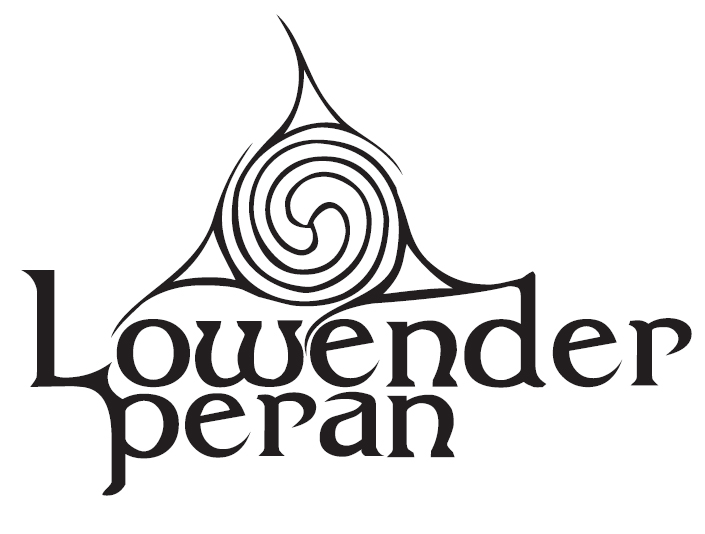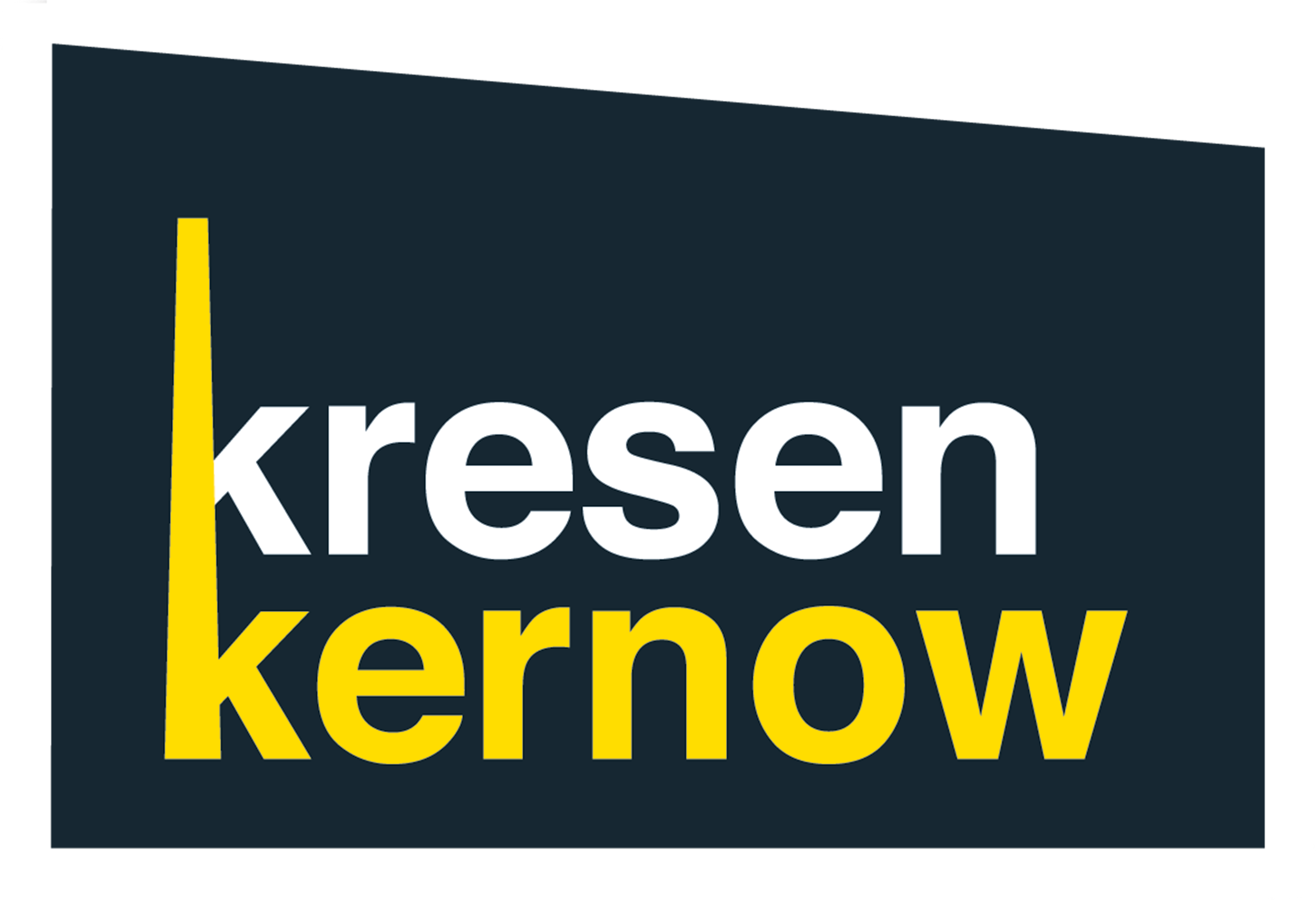MESKLA Symposium
Back to MESKLA homepage
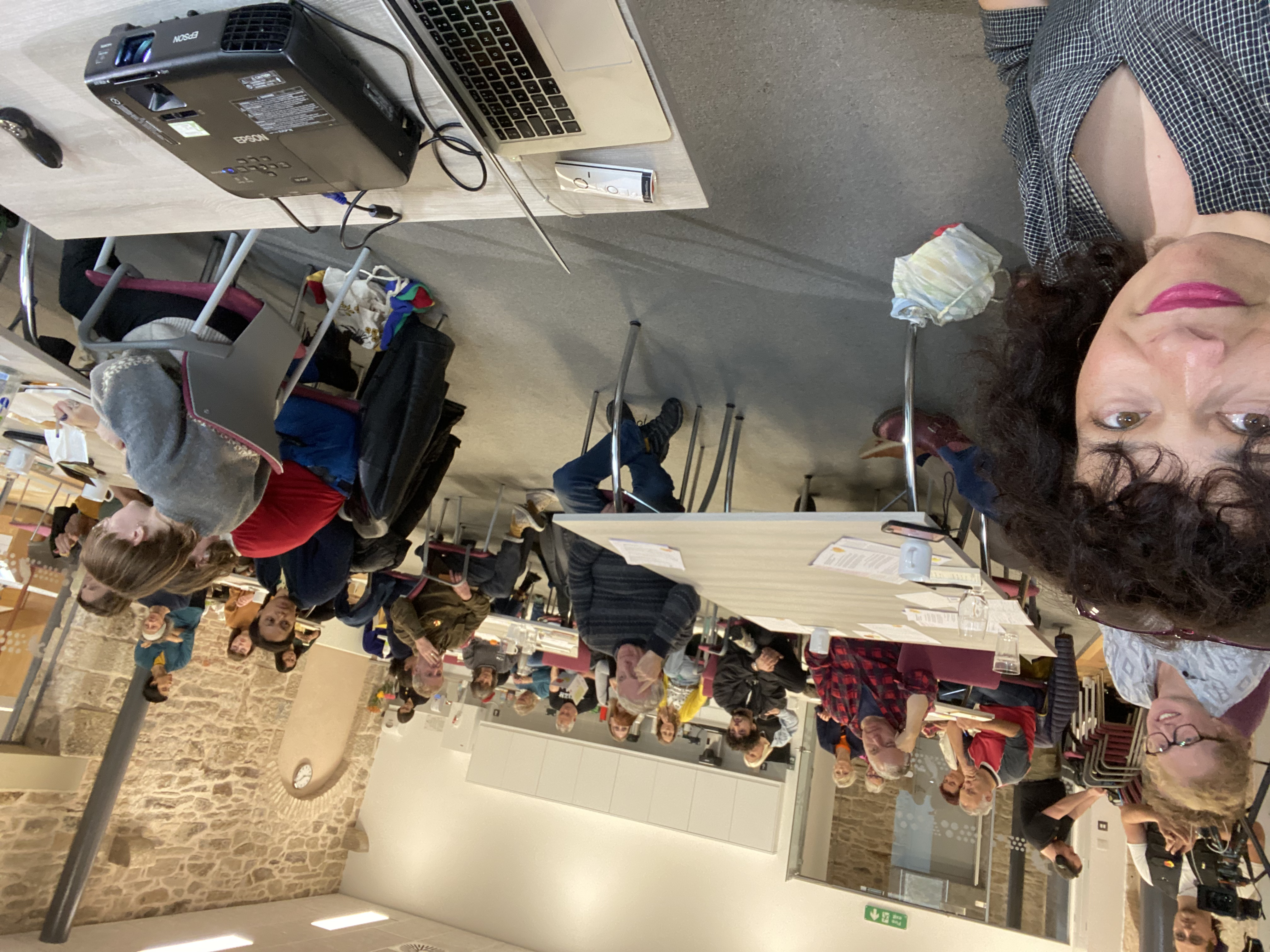
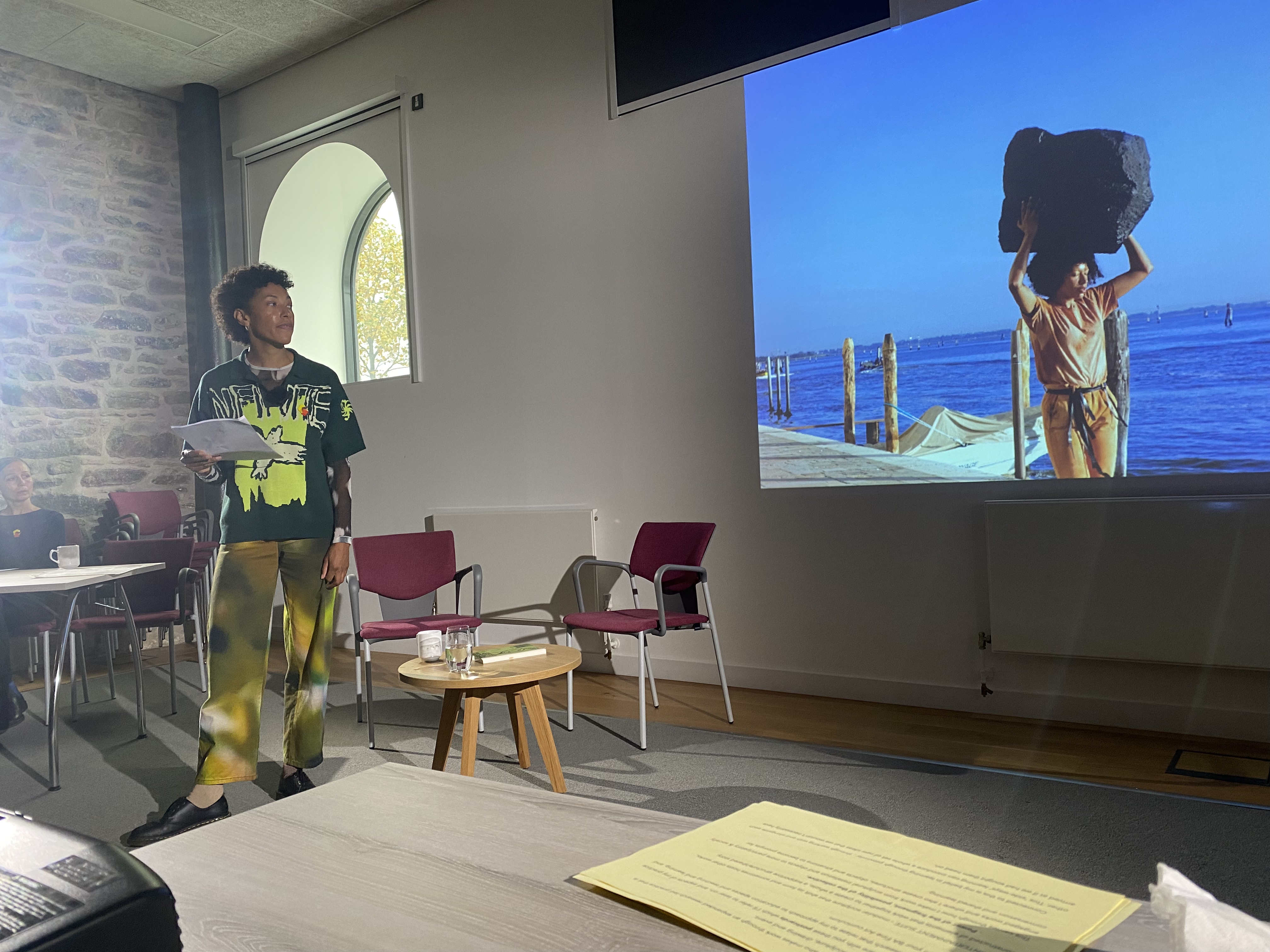
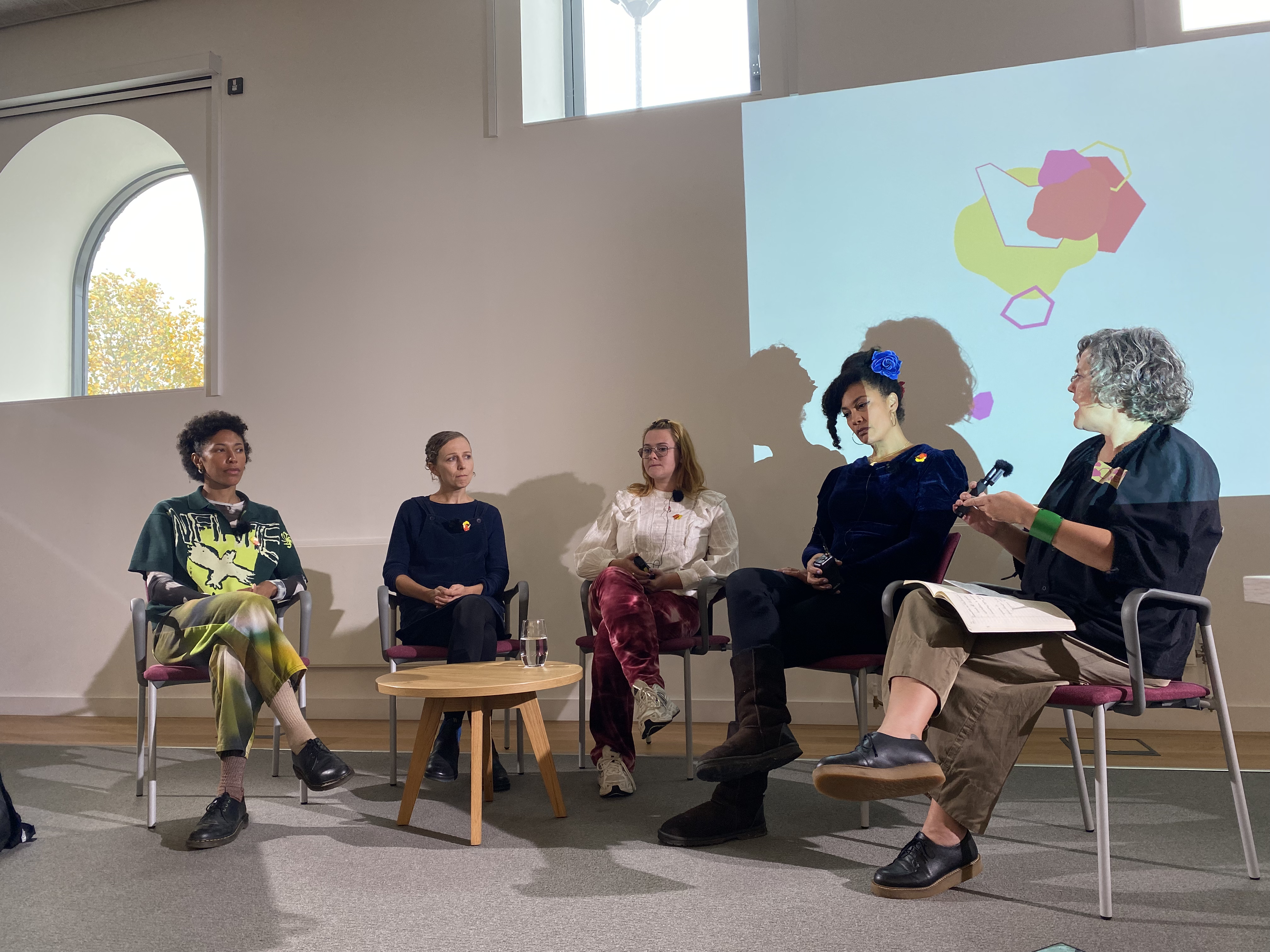
Saturday 29th October 2022 10am - 3pm, Kresen Kernow, Redruth
The MESLA | Brewyon Drudh symposium was produced in partnership with Lowender Peran, it provided the opportunity to further expand the conversations around contemporary Cornish cultural identities, with speakers Libita Sibungu - artist and recipient of the 2022 Arts Foundation Future Award, Dr Shelley Trower - researcher and writer of Rocks of Nation: The Imagination of Celtic Cornwall (2015), Angeline Morrison - songwriter, vocalist and recipient of the Christian Raphael Prize, and Francesca Rowse - photographer and creator of MAIDS fashion & identity workshops.
Presentations and conversations were chaired by Dr Angela Piccini of Association of the Unknown Shores and BuTCH/*.
The Lowender Peran Festival is a celebration of Cornish culture and its Celtic connections, exploring Cornwall’s wider international links and bringing communities together in a spirit of cultural exchange.
“We’re delighted to be hosting the MESKLA |Brewyon Drudh Symposium, a natural fit as we consider contemporary Cornish culture and identity, and what it means to be Cornish today.” Jowdy Davey, director Lowender Peran.
Programme for the day
10:00am Arrivals and refreshments
10:30 Welcome & housekeeping - Sovay, and Angela who will be Chair for the day. All sessions are facilitated by Angela.
10:40 Session 1 - with speakers Sovay Berriman, Angeline Morrison and Francesca Rowse
12:00 Dance display from Hevva, & and light lunch available
12:45 Session 2 - with speakers Libita Sibungu and Shelley Trower
13:40 Comfort Break
13:45 Session 3 - Panel discussion followed by audience questions and conversation
15:00 Close
Recordings of the presentations and discussion made by Neal Megraw can be found below, closed captions can be viewed by watching on YouTube. References and further reading links can be found on the RESOURCES page
Myttin da ha dynnargh dhe gestadhel MESKLA | Brewyon Drudh.
Marthys yw bos omma genowgh hwi oll omma yn Resrudh hedhyw, ha godhon meur ras dhe Gresen Kernow a'ga ostya ha skoodhya an darvos ma yn hel.
Ni a wayt hwi dhe omlowenhe ha hwi omma, ha prederi bos an keskowsow ma kentrynnek ha kenerthek. Ni a sel hedhyw kemeneth hag a dhiskwedh gwith ha bern a-dro dhe honanieth, Kernow ha'gan termynyow a-dheu kevrennys.
Avel kemeneth ni a venten pennrewlow a ewnhynseth, helder hag awenekter, a-barth onan hag oll. Hemm yw spas a vodh da hag akord, ha ni a bys may fo pub huni konsidrus dhe dhyffransow ynter gerva, yeth, ha prevyans, ha may fo pub huni godhevus gans edhommow a'n eyl dh'y gila.
Marthys yw bos omma genowgh hwi oll omma yn Resrudh hedhyw, ha godhon meur ras dhe Gresen Kernow a'ga ostya ha skoodhya an darvos ma yn hel.
Ni a wayt hwi dhe omlowenhe ha hwi omma, ha prederi bos an keskowsow ma kentrynnek ha kenerthek. Ni a sel hedhyw kemeneth hag a dhiskwedh gwith ha bern a-dro dhe honanieth, Kernow ha'gan termynyow a-dheu kevrennys.
Avel kemeneth ni a venten pennrewlow a ewnhynseth, helder hag awenekter, a-barth onan hag oll. Hemm yw spas a vodh da hag akord, ha ni a bys may fo pub huni konsidrus dhe dhyffransow ynter gerva, yeth, ha prevyans, ha may fo pub huni godhevus gans edhommow a'n eyl dh'y gila.
Good morning and welcome the the MESKLA | Brewyon Drudh symposium.
It’s wonderful to be here with you all today in Redruth, and we thank Kresen Kernow for their generous hosting and support.
We hope that you will enjoy your time here and find the conversations stimulating and encouraging. Today we form a community that is demonstrating care and thoughtfulness about identity, Cornwall and our shared futures.
As a community we uphold the principles of equitability, generosity and creativity, for one and all. This is a space of good will and understanding, and we ask that everyone be considerate to differences in vocabulary, language, and experience, and patient of each others needs.
It’s wonderful to be here with you all today in Redruth, and we thank Kresen Kernow for their generous hosting and support.
We hope that you will enjoy your time here and find the conversations stimulating and encouraging. Today we form a community that is demonstrating care and thoughtfulness about identity, Cornwall and our shared futures.
As a community we uphold the principles of equitability, generosity and creativity, for one and all. This is a space of good will and understanding, and we ask that everyone be considerate to differences in vocabulary, language, and experience, and patient of each others needs.
Symposium Contributors
Angeline Morrison
Angeline Morrison is a Cornwall-based songwriter, vocalist, choir leader, researcher and writer who loves finding hidden histories. Angeline is actively concerned with raising awareness about the hidden, historic Black presence in the UK.
Find out more about Angeline’s astounding album The Sorrow Songs: Songs of Black British Experience from Topic Records https://www.topicrecords.co.uk/2022/08/angeline-morrison-the-sorrow-songs-folk-songs-of-black-british-experience/
Angeline Morrison is a Cornwall-based songwriter, vocalist, choir leader, researcher and writer who loves finding hidden histories. Angeline is actively concerned with raising awareness about the hidden, historic Black presence in the UK.
Find out more about Angeline’s astounding album The Sorrow Songs: Songs of Black British Experience from Topic Records https://www.topicrecords.co.uk/2022/08/angeline-morrison-the-sorrow-songs-folk-songs-of-black-british-experience/
Angeline Morrison
@angelcakepie (Twitter, Instagram)
Angeline Morrison Music (Facebook, Bandcamp)
@angelcakepie (Twitter, Instagram)
Angeline Morrison Music (Facebook, Bandcamp)
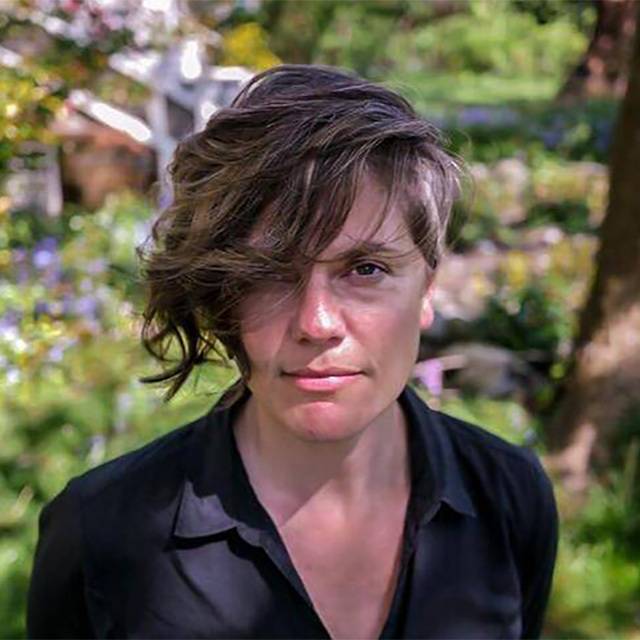
Angela Piccini
Angela Piccini's story begins in Vancouver, Canada – the unceded, shared territory of the xʷməθkʷəy̓əm (Musqueam), Sḵwx̱wú7mesh (Squamish) and səlilwətaɬ (Tseil-Waututh) nations. She is the child of Italian and Anglo-Chilean immigrants and the only person in her immediate family to complete either secondary or tertiary education. With her own 'landless' status, she became fascinated with nationalist projects and the ways in which the traces of distant pasts came to be activated across art and media by both emancipatory and far right movements. She spent the late 1990s doing a PhD about cultural constructions and performances of contemporary Celtic cultures (with a focus on Wales and Cornwall), looking at how film, television, art, museums, and the tourism industry draw on archaeological narratives and materials. She then worked for Cadw: Welsh Historic Monuments designing and publishing guidebooks before a long stint in what was Drama: Theatre, Film, Television at University of Bristol and, latterly, in Fine Art at University of Plymouth. She continues to work with the ways in which the moving image, performance, and expanded sculpture co-create place, land, belonging, exclusion and the potential of these practices to produce new, imagined, and real places. At the heart of this work is collaboration.
Angela and her partner, Sefryn Penrose, are co-directors of ButCH (Bureau for the Contemporary and Historic) and they run the 37 Looe Street gallery and studio. Angela is also completing work with collaborator Kayle Brandon on Association of Unknown Shores, which is a group of artists and organisations in Bristol, Plymouth and Iqaluit (Nunavut, Canada) responding to the legacies of Martin Frobisher's attempt in 1576-78 to colonise the far north of what is now known as Canada. Angela is also a co-director of CAMP (Contemporary Art Membership), which is a member-led arts organisation serving Devon and Cornwall. And she's on the Board of Plymouth Arts Cinema.
Angela Piccini's story begins in Vancouver, Canada – the unceded, shared territory of the xʷməθkʷəy̓əm (Musqueam), Sḵwx̱wú7mesh (Squamish) and səlilwətaɬ (Tseil-Waututh) nations. She is the child of Italian and Anglo-Chilean immigrants and the only person in her immediate family to complete either secondary or tertiary education. With her own 'landless' status, she became fascinated with nationalist projects and the ways in which the traces of distant pasts came to be activated across art and media by both emancipatory and far right movements. She spent the late 1990s doing a PhD about cultural constructions and performances of contemporary Celtic cultures (with a focus on Wales and Cornwall), looking at how film, television, art, museums, and the tourism industry draw on archaeological narratives and materials. She then worked for Cadw: Welsh Historic Monuments designing and publishing guidebooks before a long stint in what was Drama: Theatre, Film, Television at University of Bristol and, latterly, in Fine Art at University of Plymouth. She continues to work with the ways in which the moving image, performance, and expanded sculpture co-create place, land, belonging, exclusion and the potential of these practices to produce new, imagined, and real places. At the heart of this work is collaboration.
Angela and her partner, Sefryn Penrose, are co-directors of ButCH (Bureau for the Contemporary and Historic) and they run the 37 Looe Street gallery and studio. Angela is also completing work with collaborator Kayle Brandon on Association of Unknown Shores, which is a group of artists and organisations in Bristol, Plymouth and Iqaluit (Nunavut, Canada) responding to the legacies of Martin Frobisher's attempt in 1576-78 to colonise the far north of what is now known as Canada. Angela is also a co-director of CAMP (Contemporary Art Membership), which is a member-led arts organisation serving Devon and Cornwall. And she's on the Board of Plymouth Arts Cinema.
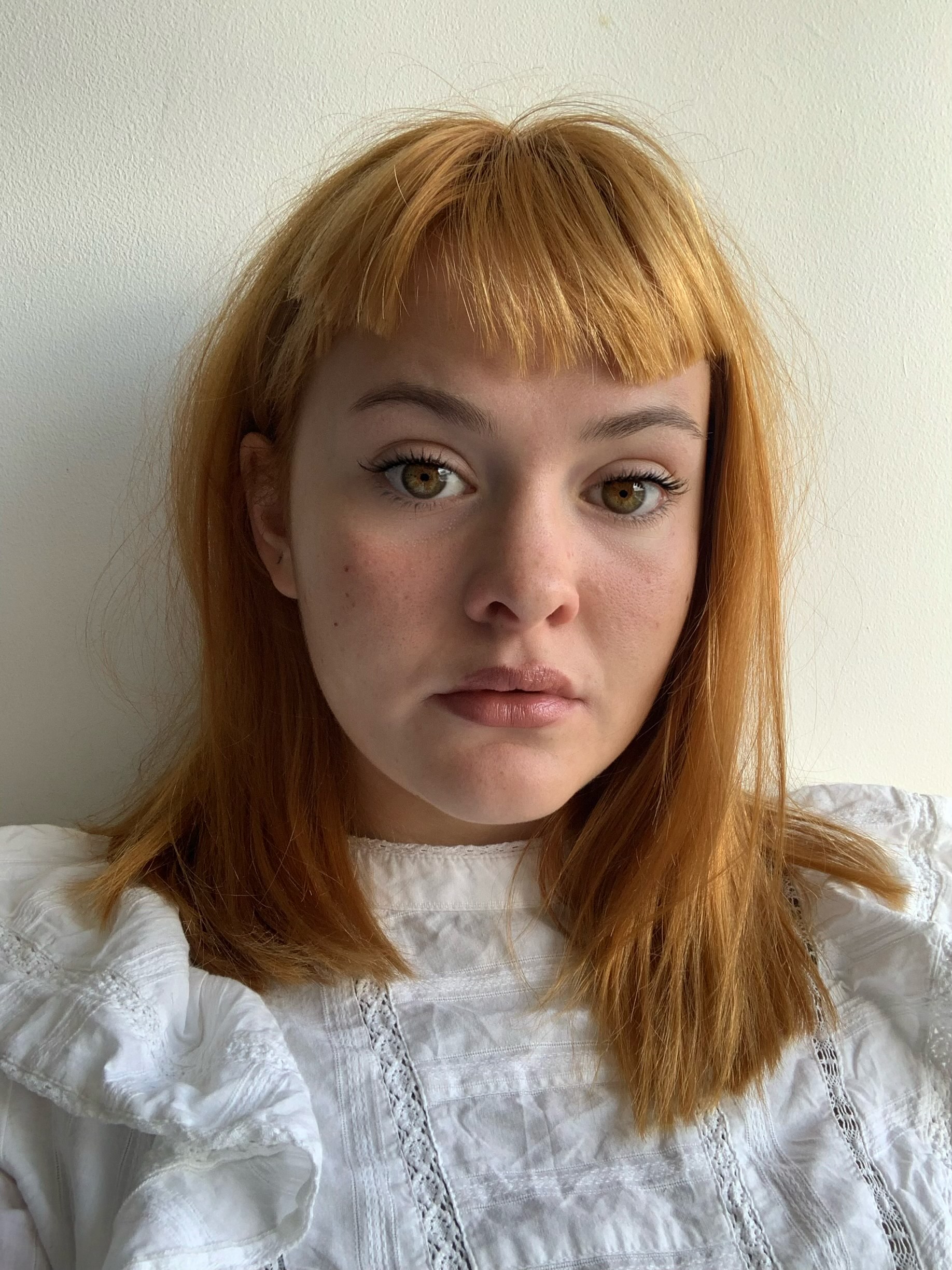
Francesca Rowse
Fran Rowse has been coined as ‘one to watch’ by Newlyn art gallery, she explores female identities and community through creative processes. Fran is passionate about creating spaces for marginalised communities, gender identities, empowerment, and the heritage of her home. Her work offers a window into the lives and dreams of women in Cornwall, capturing moments of surreal magic refashioned in the homes, streets, and the rich landscapes of the Southwest. Fran uses photography, mixed media and installations to create spaces where location, clothes, identity and representations are reworked to form fresh emancipated portrayals of Cornish girls and women.
After winning the southwest graduate photography prize in 2021 for her debut project ‘Maids’, she continued the project in conjunction with Foto-Now working in communities and archival spaces such as Hypatia trust and more recently Jupiter, Newlyn, and Morrab Gallery, Penzance. Maids the book brings Fran’s photography together with archival imagery to build a narrative that lives and breathes Cornish Life.
Fran Rowse has been coined as ‘one to watch’ by Newlyn art gallery, she explores female identities and community through creative processes. Fran is passionate about creating spaces for marginalised communities, gender identities, empowerment, and the heritage of her home. Her work offers a window into the lives and dreams of women in Cornwall, capturing moments of surreal magic refashioned in the homes, streets, and the rich landscapes of the Southwest. Fran uses photography, mixed media and installations to create spaces where location, clothes, identity and representations are reworked to form fresh emancipated portrayals of Cornish girls and women.
After winning the southwest graduate photography prize in 2021 for her debut project ‘Maids’, she continued the project in conjunction with Foto-Now working in communities and archival spaces such as Hypatia trust and more recently Jupiter, Newlyn, and Morrab Gallery, Penzance. Maids the book brings Fran’s photography together with archival imagery to build a narrative that lives and breathes Cornish Life.
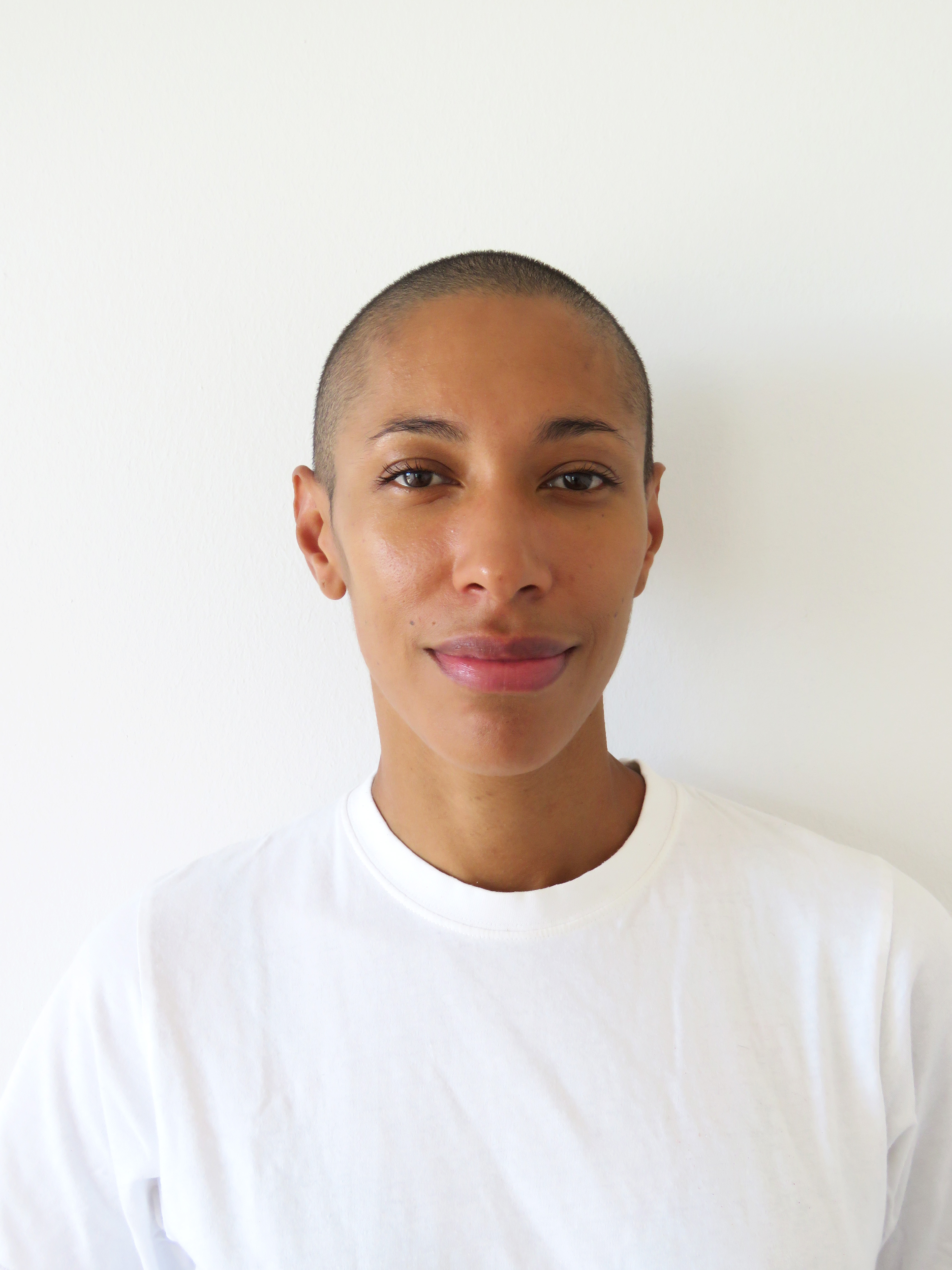
Libita Sibungu
Libita Sibungu currently lives and works in West Cornwall, where she grew up - a daughter to Namibian and English parents, born in the late 1980’s just after the first sight of a birth of a galaxy, and a few years before Namibia's independence. As an interdisciplinary artist, Sibungu works with writing, drawing,
performance, photography, print, and sound to build environments that weave decolonial narratives into
immersive installations and poetic arrangements. Through collaboration - research is expanded towards a collective experience, inspired by living archives, sonic cartographies and speculative fiction.
Sibungu is the recipient of the 2022 Arts Foundation Future Award, and has presented work with Temple Bar Gallery, Ireland, and Sonsbeek, Netherlands (2021); Somerset House, UK, and Cabaret Voltaire,
Zurich (2020). Sibungu’s solo exhibition and ongoing body of work ‘Quantum Ghost’ was presented with
Gasworks, and Spike Island, (UK) in 2019.
Libita Sibungu currently lives and works in West Cornwall, where she grew up - a daughter to Namibian and English parents, born in the late 1980’s just after the first sight of a birth of a galaxy, and a few years before Namibia's independence. As an interdisciplinary artist, Sibungu works with writing, drawing,
performance, photography, print, and sound to build environments that weave decolonial narratives into
immersive installations and poetic arrangements. Through collaboration - research is expanded towards a collective experience, inspired by living archives, sonic cartographies and speculative fiction.
Sibungu is the recipient of the 2022 Arts Foundation Future Award, and has presented work with Temple Bar Gallery, Ireland, and Sonsbeek, Netherlands (2021); Somerset House, UK, and Cabaret Voltaire,
Zurich (2020). Sibungu’s solo exhibition and ongoing body of work ‘Quantum Ghost’ was presented with
Gasworks, and Spike Island, (UK) in 2019.
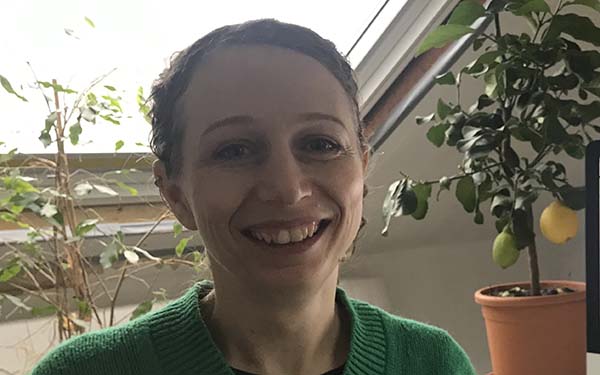
Shelley Trower
Shelley Trower is Professor of English Literature at the University of Roehampton. Books include Place, Writing, and Voice in Oral History (2011), Senses of Vibration (2012), Rocks of Nation: The Imagination of Celtic Cornwall (2015) and Sound Writing: Voices, Authors, and Readers of Oral History (forthcoming 2022). She has recently led two Arts & Humanities Research Council Projects, ‘Memories of Fiction’ and ‘ Living Libraries ’ (2014-2020). She grew up in Cornwall, leaving at the age of 21 to go to university in Bath, and has since lived alternately in London and Cornwall.
Shelley Trower is Professor of English Literature at the University of Roehampton. Books include Place, Writing, and Voice in Oral History (2011), Senses of Vibration (2012), Rocks of Nation: The Imagination of Celtic Cornwall (2015) and Sound Writing: Voices, Authors, and Readers of Oral History (forthcoming 2022). She has recently led two Arts & Humanities Research Council Projects, ‘Memories of Fiction’ and ‘ Living Libraries ’ (2014-2020). She grew up in Cornwall, leaving at the age of 21 to go to university in Bath, and has since lived alternately in London and Cornwall.



